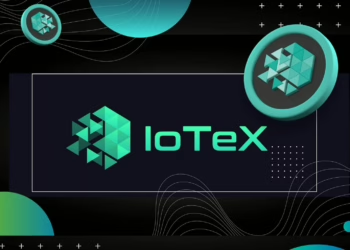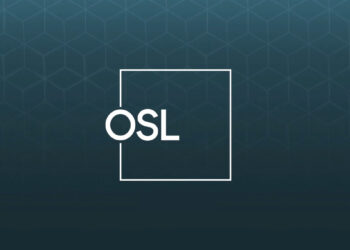The competition among cryptocurrency exchanges in South Korea is intensifying as the adoption of crypto-staking services gains momentum.
According to a new report by The Korea Times, the introduction of staking services has expanded the scale of staking into trillions of dollars, with exchanges vying to capitalise on this growing market.
Leading the charge is Upbit, one of South Korea’s largest cryptocurrency exchanges, which has reportedly amassed over 3 trillion won ($2.1 billion) in staking assets.
The exchange operates its staking services without relying on third-party providers. It offers staking services for a range of cryptocurrencies, including Ethereum, Cosmos, ADA, Solana, and Polygon, with annual reward rates varying from 2.6 per cent to 16.6 per cent. However, Upbit deducts a 10 per cent brokerage fee from staking rewards before distribution to the users.
RELATED: Upbit Suspends Large Crypto Transactions Due to Ten&Ten Service Disruption
Meanwhile, Bithumb and Coinone, the market’s second and third largest exchanges, have introduced daily staking services to distinguish themselves from Upbit. This approach provides investors with greater flexibility in managing their staked assets.
Notably, Bithumb recently announced that it was rebranding its staking service and expanding its support to fifteen cryptocurrencies, including Ethereum (ETH), Polygon (MATIC), Solana (SOL), Polkadot (DOT), Cosmos (ATOM),
Staking services have emerged as a popular avenue for investors to earn passive income by participating in the validation of blockchain networks. Unlike traditional bank deposits, staking involves depositing coins into blockchain protocols to support network operations and, in return, receiving rewards in the form of additional coins.
Despite the growing popularity of staking, industry experts caution against risks such as hacking and technological glitches. Moreover, regulatory oversight is crucial to address concerns regarding security and investor protection in the rapidly evolving crypto landscape.
RELATED:
Meanwhile, South Korea’s Financial Services Commission (FSC) has introduced stringent regulations mandating exchanges to disclose their holdings and transactions. Under these rules, crypto firms must provide detailed information about their digital asset holdings, business models, and profits derived from crypto activities.
If you want to read more news articles like this, visit DeFi Planet and follow us on Twitter, LinkedIn, Facebook, Instagram, and CoinMarketCap Community.
“Take control of your crypto portfolio with MARKETS PRO, DeFi Planet’s suite of analytics tools.”




















